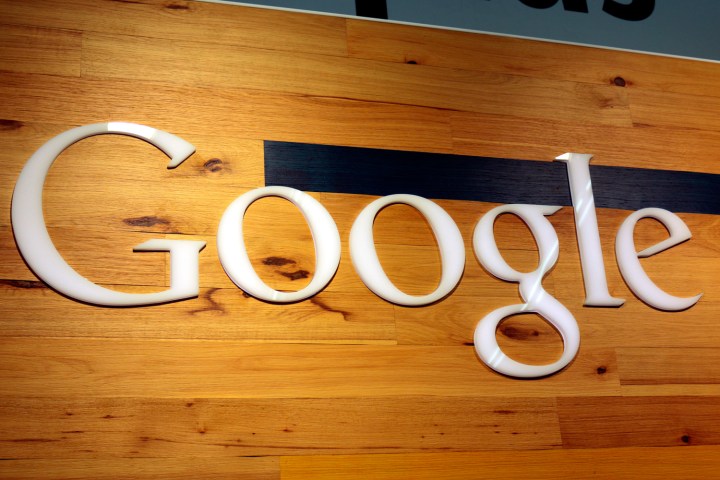
Google’s AdSense platform is a service for website publishers who want to place advertisements (text, image, or video) on their pages that target their audience. For doing this, publishers earn money each time the advertisement is viewed or selected by the visitor. Google prohibits advertisements leading to sites that deceive visitors, but with the rampant spread of fake news sites, the company decided it was time to update its AdSense policies.
“We have strict policies in place to keep Google’s content and search networks safe and clean for our advertisers, users, and publishers,” said Google’s Director of Product Management Scott Spencer. “When a publisher violates our policies, we may stop showing ads on their site, or even terminate their account.”
The report acknowledges the rise of “tabloid cloakers,” which are scammers that trick Google’s detection system by pretending to be a legitimate news site. In other words, these scammers create an advertisement that looks like a hot news article, which is splashed on other websites through the AdSense network. When viewers click on the ad (thinking that it’s a genuine news article), they are directed to an unrelated website selling products like miracle cures and copied term papers.
According to Spencer, Google suspended more than 1,300 AdSense accounts in 2016 for tabloid cloaking. The problem is that this advertising method is gaining traction because a “handful” of scammers can generate a huge number of bad ads. Even more, unsuspecting victims are clicking on them, proving that tabloid cloaking is an effective means of tricking visitors.
“During a single sweep for tabloid cloaking in December 2016, we took down 22 cloakers that were responsible for ads seen more than 20 million times by people online in a single week,” he said.
Google blocks bad advertisements when they are discovered and even blocks the advertiser if specific violations are broken. But there are times when Google suspends websites too for promoting misleading content. Spencer said that Google not only disabled more than 5 million payday loan ads in the second half of 2016 but took action against 8,000 sites that promoted payday loans as well.
That said, here is a summary of Google’s busy schedule throughout 2016 in relation to bad advertisements, scammers, and websites with misleading content:
- 17 billion ads were removed for violating Google’s advertising policies, more than double that of 2015.
- 112 million “trick to click” ads were disabled, six times that of 2015.
- More than 68 million bad ads were disabled for healthcare violations, up from 12.5 million in 2015.
- More than 17 million bad ads were disabled for illegal gambling violations.
- Nearly 80 million bad ads that shocked, mislead, and deceived viewers were removed.
- More than 23,000 self-clicking ads on mobile were detected and disabled.
- Nearly 7 million bad ads were nuked for trying to trick Google’s detection systems.
- Google took action against 47,000 sites promoting weight-loss scams.
- More than 15,000 sites were banned for unwanted software.
- 900,000 ads containing malware were disabled.
- Nearly 6,000 sites and 6,000 accounts were suspended for advertising counterfeit goods.
Online advertisement is a big business for Google and the company undoubtedly takes it seriously. Deceiving customers and web surfers won’t be tolerated and Google firmly stands behind the Coalition for Better Ads initiative to protect web surfers from scammers and hackers. But as Google invests more time and money into detecting and blocking malicious and misleading content, hackers and scammers are quick to adjust their campaigns to continually deceive Google and website visitors.
Editors' Recommendations
- We have some bad news about the Google Pixel 9
- Google’s future Pixel phones just got hit with bad news
- Google cracks down on voting-related ads that mislead users to malicious sites
- Google Chrome is cracking down on the most annoying video ads
- Everyone’s mad about Google blocking ad blockers in Chrome. Here’s why


